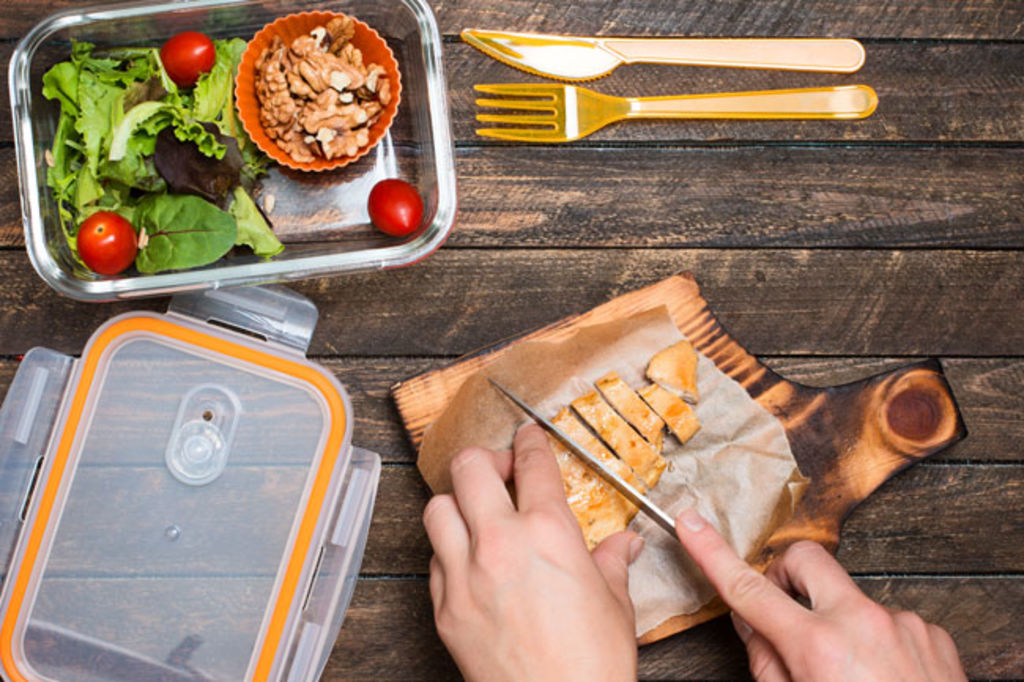8 small steps for great health strides

You don’t always have to make huge sacrifices or completely overhaul your lifestyle to start seeing change. In fact, you’re better off consistently making small changes to make your lifestyle healthy, enjoyable and – most importantly – sustainable. When you go cold turkey on your vices or adopt an all-or-nothing mentality, you can feel deprived, stressed and overwhelmed. This makes it harder to stick to your guns in the long term.
Here is a list of some simple small changes that can lead to big results:
Portion your snacks
When you’re unprepared or downright starving, you’re much more likely to overeat or make unhealthy choices. Have your snacks prepped and portioned so you can grab and go or snack smarter.
Do more incidental exercise
Getting your workout done first thing in the morning is awesome, but if you spend the rest of your day seated, you could be undoing all your hard work. Park further away, take the stairs instead of the lift, do a lap of the block every hour – every little bit counts.
Meal prep on the weekend
Save time during the week by dedicating an “hour of power” over the weekend to your meal prep. This means you’re much less likely to give in to the temptation of takeaway and can simply grab a healthy meal from the freezer when work runs late or cooking isn’t an option.
HIIT it
If you don’t already, add short bursts of high-intensity exercise into your workout routine. Stairs, hill sprints, plyometric combos, boxing – the options are endless.
Sip Smarter
Liquid kilojoules can really add up: sugar in coffee, multiple coffees a day, a juice with brekky, wine with dinner … Look closely at your drinking habits and spice up your H2O intake with fruit infusions or opt for sparkling water with some refreshing citrus.
Shop with a list
Unless you want to come home with the entire contents of aisles three and four, do not shop without a list. Do not give in to the clever marketing tools of some tempting treats.
Swap the sauce
There are so many unnecessary hidden kilojoules in sauces and dressings that you’re better off making your own or leaving them out altogether. My go-to salad dressing is olive oil and balsamic with a squeeze of lemon.
Downsize your dish
Eating from a smaller plate can trick your brain into thinking you’re eating more because your plate is fuller.
We recommend
We thought you might like
States
Capital Cities
Capital Cities - Rentals
Popular Areas
Allhomes
More







